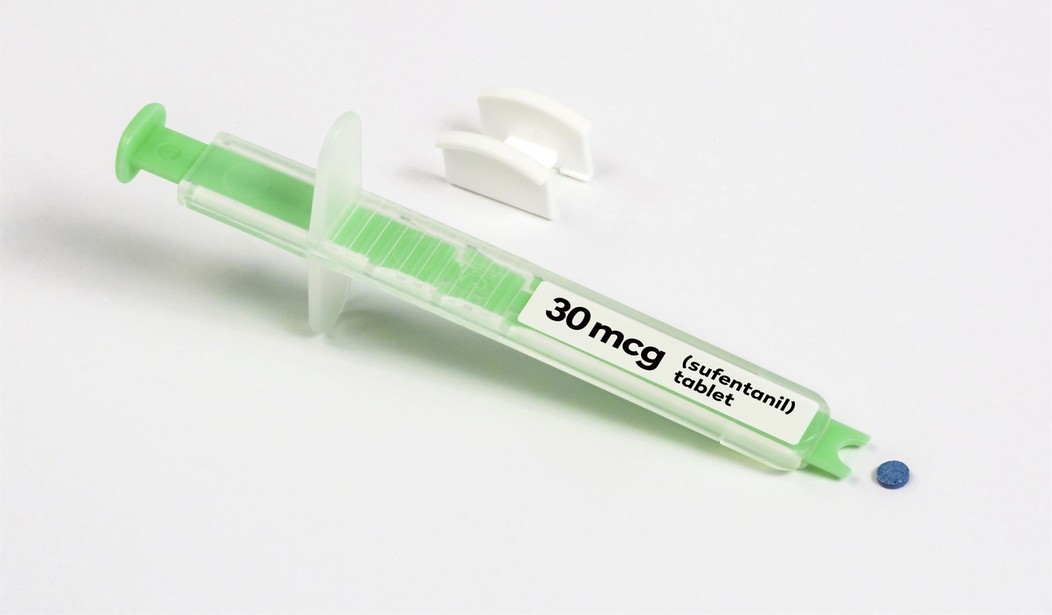Try as we might, the United States has unfortunately been unable to kick its opioid habit. Recently released data shows that drug overdose deaths, fueled primarily by a rise in illicit synthetic opioids such as fentanyl, surged 30% in 2020 to over 90,000. This marks a tragic new high-water mark in annual deaths related to the opioid crisis. It has become clear that we are clearly losing the war against illicit fentanyl and action must be taken to reverse these concerning trends.
Law enforcement officials across the country, from beat cops to Attorneys General, are engaging in an all-hands on deck effort to stop the cartels and gangs that are manufacturing and trafficking these dangerous drugs. Along with interdiction efforts, law enforcement is also working closely with the healthcare community to provide those suffering from addiction access to treatment and recovery programs, another important front in the battle against opioid abuse.
Given the massive uptick in those suffering from addiction, funding for these programs has been a concern. The recent announcement of a $26 billion settlement to put much needed money for treatment programs in the hands of states is an encouraging development. Not only will it help bring about the closure of years of ongoing litigation against many of the manufacturers, distributors, and retailers of prescription opioid medications, but it will also provide an influx of much needed resources at one of the low points in the war against illicit opioids.
Ultimately it is up to the Attorneys General in respective states across the country whether to accept this settlement. While most states are smartly considering to opt in, Attorneys General in states such as Washington and West Virginia have instead decided to press on with individual lawsuits. Continuing to engage in litigation will prevent states from receiving much needed funds at a critical time and may jeopardize whether they receive any money in the future. It is also a concerning misdirection of their resources.
Recommended
Time that could be spent building cases against illicit drug traffickers and distributors are instead being used to investigate a declining source of opioid abuse. The number of opioid prescriptions dispensed was at a 14-year low in 2019, yet deaths have continued to climb. In 2020, 37 out of 38 jurisdictions in the United States reported increases in synthetic opioid-related deaths, showing the true driver of the crisis and demonstrating where legal enforcement action is most needed.
It also may be setting up a dangerous legal precedent.
Many of the cases against the legal manufacturers of opioids, including that in Washington State, have been based upon public nuisance grounds. The argument is that pharmaceutical companies aggressively and misleadingly promoted opioid prescriptions, which resulted in emotional distress and economic loss. Historically public nuisance law has generally been restricted to the misuse, not marketing of property. By trying to now hold companies liable for the way they marketed their product, the original intent of public nuisance law would be considerably expanded. If successful, the liability implications could expand far beyond the pharmaceutical industry and could create as the U.S. Chamber of Commerce and American Tort Reform Association called it “a public nuisance monster.”
Ending the opioid crisis is a monumental task that will take a commitment from all parts of society. While the courts certainly have a part to play, the fact of the matter is we will not be able to sue our way out of the opioid crisis. Money is available now to help end the cycle of addiction and death our country is currently caught up in and our country would be better served by focusing ongoing legal action in supporting the law enforcement officers who are looking to end the smuggling operations that are putting illicit fentanyl on our streets.
Dr. King is a former FBI agent and a Professor of Business, Law and Ethics; Dean Emeritus of the School of Business and Leadership at Colorado Christian University. He is also a fellow with the Centennial Institute. King is a practicing attorney as well, with a specialty in the areas of Human Resource Management, Corporate Law, and Strategic Planning (in both for-profit and nonprofit arenas) and has a strong background in litigation. He is a frequent seminar speaker and has conducted seminars throughout the United States and Asia. Dr. King is also a former FBI agent.

























Join the conversation as a VIP Member